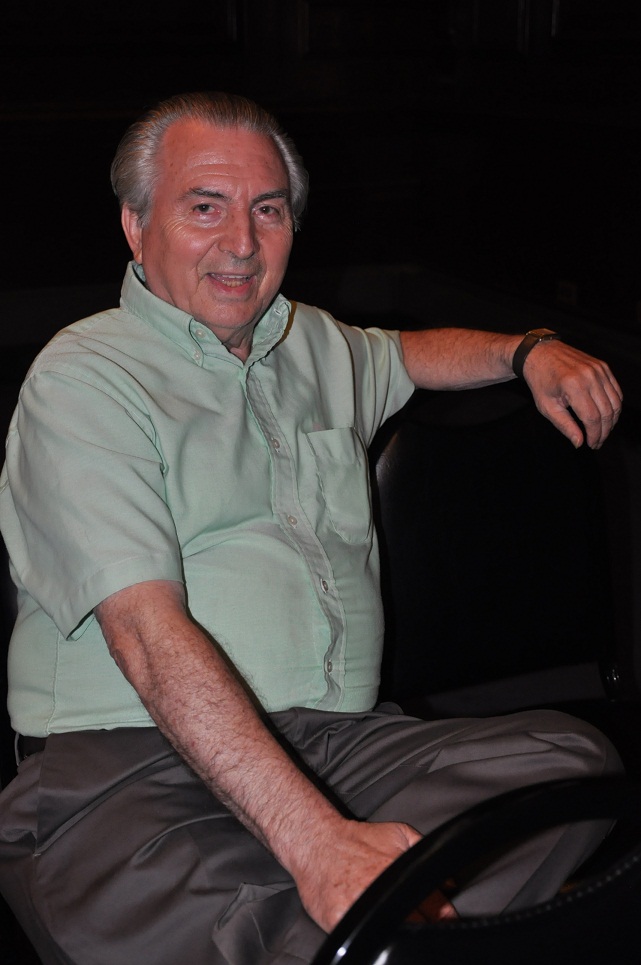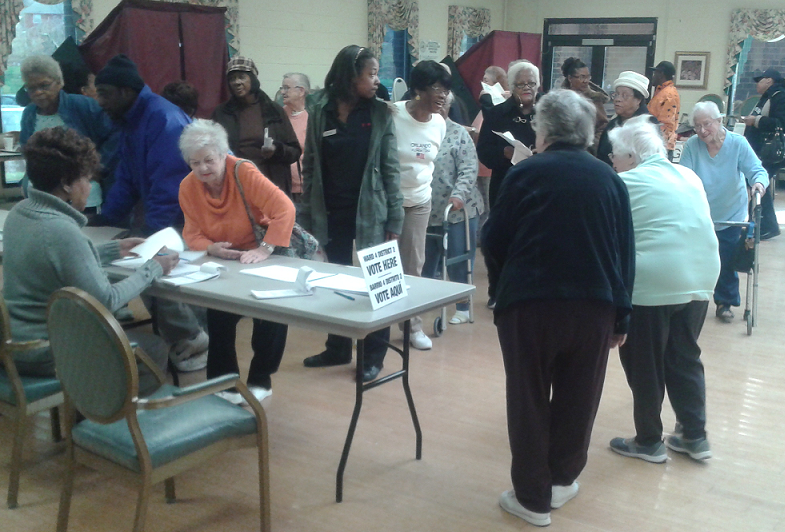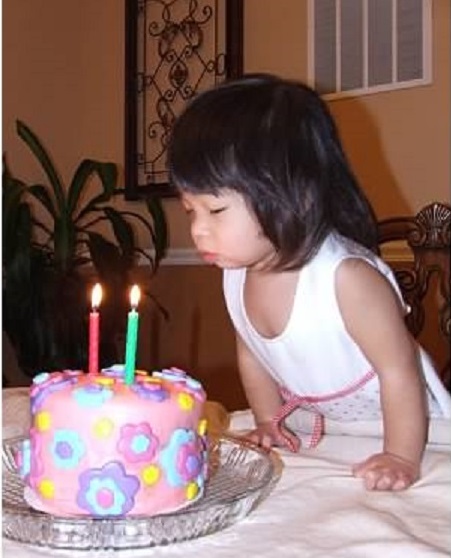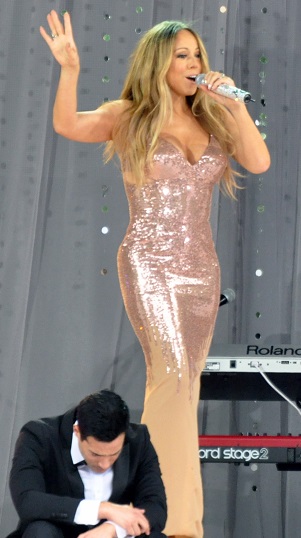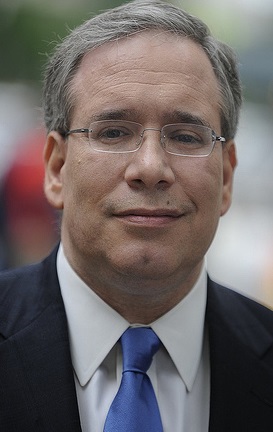Nursing is no longer just a woman’s job
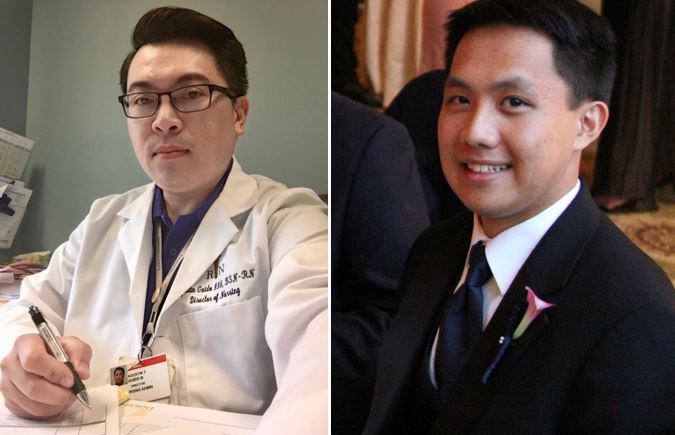
By Maricar CP Hampton
Men have entered the nursing work force in the 1950s-60 while looking for employment after the end of the war. Today, men comprise about 10%-12% of all American nurses creating a diverse nursing population. How many of them are male nurses of color it’s hard to say. What we know is that Filipino male nurses are taking on greater responsibilities, holding important executive positions and making a difference in many American hospitals.
Agustin Guido III, director of Nursing at New Jersey Eastern Star Home, and Mark Jordan Polon, assistant director of Nursing, Medical/Surgical Services and Dialysis University Hospital Newark shared their stories on Makilala TV, the longest running television talk show in the New York metropolitan area. The show is co-hosted by Rachelle Ocampo, Jen Furer, and Cristina Pastor and aired through Manhattan Neighborhood Network.
Even as young boys, both said they felt they were destined to be nurses.
Mark initially thought of joining the priesthood until his family convinced him nursing runs in the family. He was 14 years old when his mom, who was also a nurse, petitioned him to come to the U.S. where he eventually studied nursing.
“I wanted to become a priest, but my family had a big influence on me to go into the medical field, and it’s easier to find job,” he said.
Gus took the traditional route. He studied nursing and worked as a school nurse in the Philippines until opportunity knocked at his door six years ago. Although there were some expectations from the family, he said the “final decision” to be a nurse was entirely his.
“A doctor treating my father for cancer encouraged me to apply to work in the U.S. He helped me by asking for my papers. Before I knew it, I was being recruited and being offered a green card,” he recalled.
Being a Filipino nurse brings out interesting reactions from people.
“It is almost a given,” Mark chuckled. “When people find out I am a Filipino nurse people say, of course what else will you be. Gus on the other hand said children often mistake him for a doctor because of the white robe and his gentle ways.
The vernacular ‘po’ and ‘opo’ are pronounced automatically when they meet Filipino patients.
“My cultural attitude comes up. I greet them with polite words and talk to them in our language,” Mark said. Gus said he tries to establish a personal connection and makes sure his patients are comfortable.
They dispel the myth that male nurses are hired usually for heavy lifting. Not always.
“It’s a misconception. We have machines for that,” said Gus.
Mark described a time when he was a bedside nurse in the trauma unit. “We had patients with gun shots and broken bones. We have modern technology but it’s time consuming so, (sometimes) they would call male nurses, doctors to pull the patient up.”
The reality of the job hit hard when the COVID pandemic struck. Mark, like many health care professionals, was “worried” he might pick up the virus.
“I was shocked on how short life is. There are patients who I just talked to in their room then five minutes later, I would be back and they have passed away,” he said.
Gus echoed him: “It was tough (times) because everyone was still trying to grasp what to do. I was working in a long-term facility where the patient was very vulnerable. It was alarming, everybody was on their guard.”
Mark said being a nurse is a gratifying job. “When people find out I am a nurse they usually say ‘thank you for all you do.’”
Asked about workplace bullying, they said it may have happened to some co-workers.
Mark said, “Personally, I have not experienced it but have seen it happen to other male coworkers.” What he has seen, he said, are office gossip and “a lot of messing around.”
Do female patients look for same-gender nurses and male patients prefer to be attended to by male nurses?
“This applies to more to caregivers, nurses not much,” said Gus.
Mark observed occasional religious and cultural predispositions like Muslim women who would ask for women nurses. “No males in the room with the exception of the physicians.”
Nursing being a high-stress profession, Gus and Mark find relaxation through travel and shopping. Mark said he makes it a point to go on overseas vacation twice a year. He was recently in Iceland to see the northern lights.
As for Gus, “Shopping is a stress reliever.”
© The FilAm 2023


